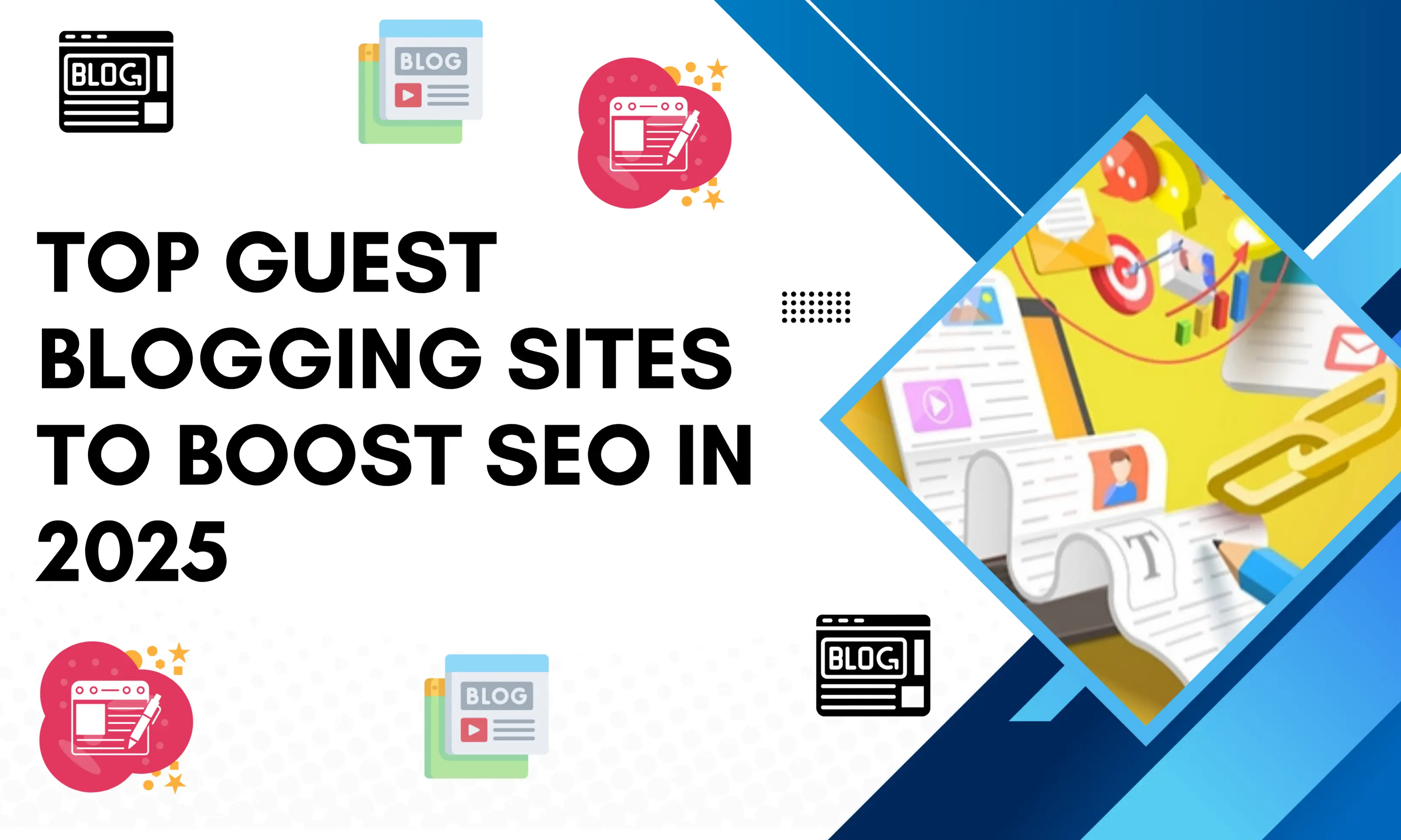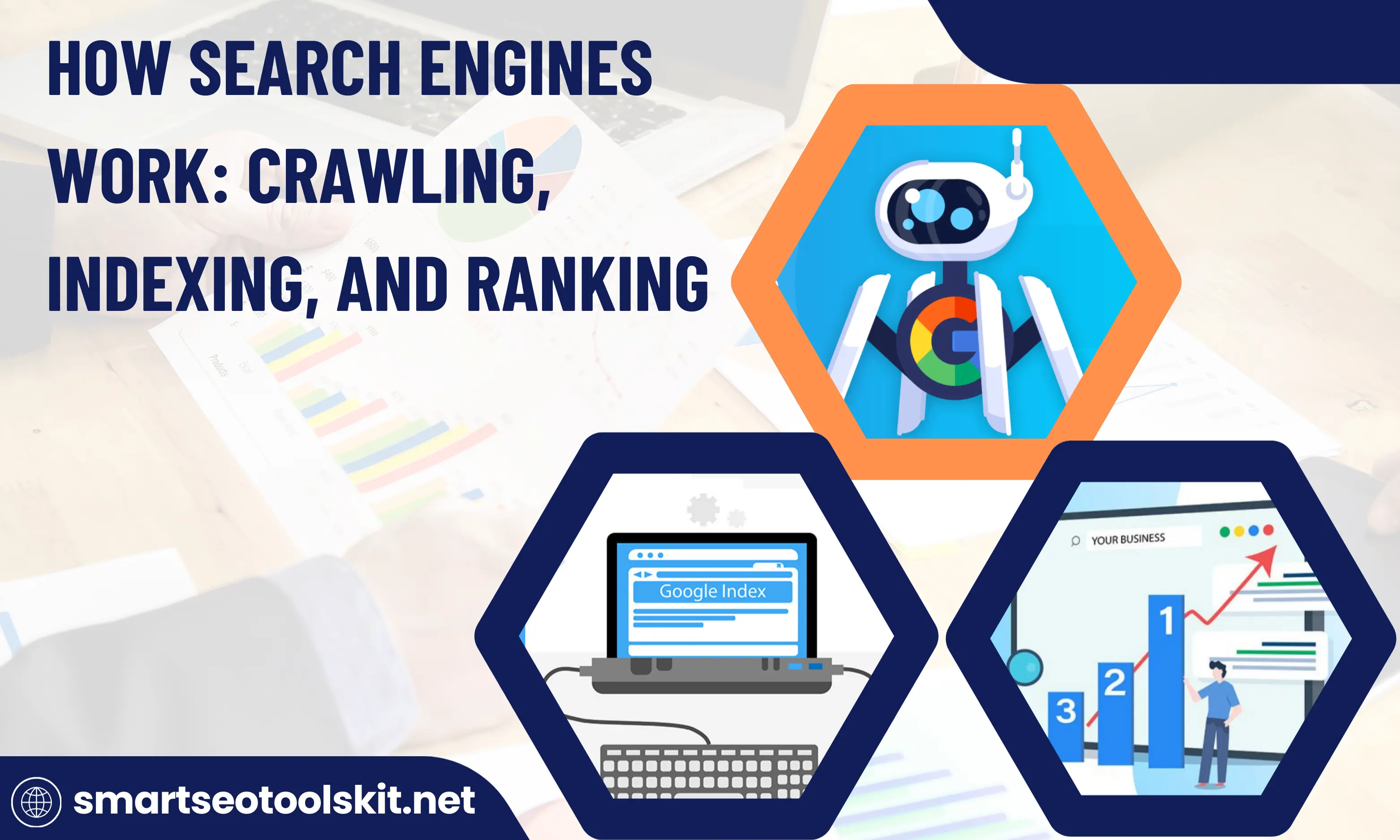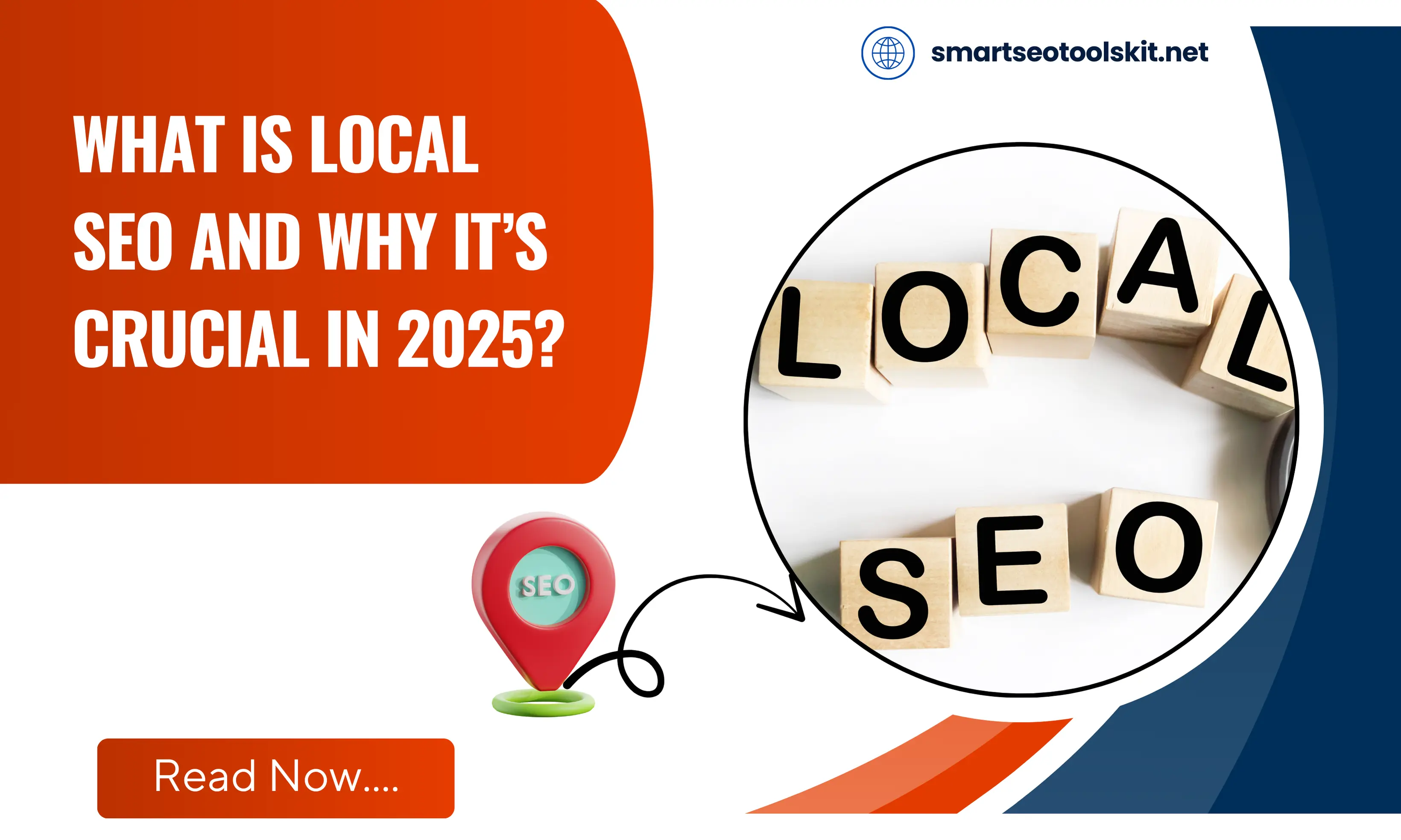On-page SEO is the basis of a successful digital presence. To maintain and improve your website search engine rankings, it is essential to conduct periodic checks and optimizations.
In this guide, we will explore seven crucial on-page SEO checks that should be a regular part of your website maintenance routine.
Whether you are running a WordPress site or managing a different type of website, these checks will help you ensure that your on-page SEO is on point, keeping your website visible and competitive in the ever-evolving digital landscape.
Are you guys new to SEO industry, if yes then please read our blogs on “Top SEO Tips to Boost Your Website Ranking in 2024“ and become master in SEO.
Top 7 On-page SEO checks are:
1. Keyword Relevance and Placement
2. Content Quality and Freshness
3. Internal and External Linking
4. Page Loading Speed
5. Mobile Responsiveness
6. Meta Tags and Descriptions
7. Schema Markup and Rich Snippets
1. Keyword Relevance and Placement:
Check for Keyword Relevance:
- Keyword Research: Begin by revisiting your initial keyword research. Are the keywords you are targeting still relevant to your content and industry? Keyword trends can change, and it is crucial to adapt.
- User Intent: Consider the intent behind the keywords. Ensure that your content aligns with what users are looking for when they search using these keywords.
- Competitor Analysis: Monitor your competitors. Are they targeting new keywords or phrases that might be relevant to your audience?
Optimize Keyword Placement:
- Title Tags: Review the title tags of your pages. Are they concise, descriptive, and engaging? Make sure your target keyword is present and near the beginning of the title. Avoid keyword stuffing.
- Headings (H1, H2, H3, etc.): Check your headings for keyword optimization. Use header tags to structure your content logically. Incorporate keywords naturally where they fit the context.
- Content Body: Assess keyword usage in your content. Ensure it flows naturally and provides value to readers. Balance keyword optimization with user readability.
- Meta Descriptions: Craft unique and compelling meta descriptions for each page. Include your target keywords and make them enticing to encourage click-throughs from search results.
- URLs: Examine your URLs. Are they clear, concise, and relevant to the page content? Ensure that keywords are included when appropriate.
2. Content Quality and Freshness:
Evaluate Content Quality:
- Content Audit: Regularly conduct content audits to assess quality. Look for outdated or low-quality content that may need improvement or removal.
- User Engagement: Analyze user engagement metrics, such as bounce rates and time on page. High bounce rates may indicate issues with content quality.
- Spelling and Grammar: Proofread your content to eliminate spelling and grammatical errors. Use tools like Grammarly or enlist the help of a professional editor.
Freshen Up Content:
- Update Outdated Content: Identify content that has become outdated or less relevant. Update it with new information, statistics, or insights.
- Add New Content: Continually produce new content to keep your website fresh and engaging. Blog posts, news updates, and industry insights can all contribute to content freshness.
3. Internal and External Linking:
Check Internal Links:
- Functional Links: Ensure that internal links within your website are functional and lead to relevant pages. Broken links can harm user experience and SEO.
- Anchor Text: Optimize anchor text for internal links. Use descriptive and keyword-rich anchor text when linking to related content.
- Logical Flow: Review the logical flow of internal linking. Does it guide users through your website in a logical and user-friendly manner?
Assess External Links:
- Link Relevance: Examine external links on your site. Confirm that they lead to authoritative and reputable sources that are still relevant to your content.
- Remove Broken Links: Remove or replace any outdated or broken external links. Broken links can negatively impact user trust and SEO.
4. Page Loading Speed:
- Tools and Analysis: Use tools like Google PageSpeed Insights, GTmetrix, or Pingdom to analyze your website loading speed. These tools provide suggestions for improvement.
- Optimize Images: Compress and optimize images to reduce file sizes without compromising quality.
- Minimize Scripts: Minimize the use of unnecessary scripts and plugins that can slow down your website.
- Enable Browser Caching: Enable browser caching to store website data locally on users devices, reducing load times for returning visitors.
- Server Response Time: Optimize server response times to ensure fast initial loading.
5. Mobile Responsiveness:
- Google Test: Use Google Mobile-Friendly Test to determine if your website is mobile-friendly. This test evaluates factors like text size, button spacing, and viewport settings.
- Responsive Design: Ensure that your website has a responsive design that adapts to various screen sizes and devices.
6. Meta Tags and Descriptions:
- Meta Titles: Review and optimize meta titles for each page. They should be unique, descriptive, and include relevant keywords.
- Meta Descriptions: Craft compelling meta descriptions that encourage click-throughs from search results. Include keywords naturally and provide a brief preview of what the page offers.
7. Schema Markup and Rich Snippets:
- Types of Schema: Identify relevant types of schema markup for your content, such as articles, products, reviews, or events.
- Structured Data: Implement structured data using schema markup to provide search engines with additional context about your content.
- Rich Snippets: As a result of schema markup, your content may appear in search results with rich snippets, offering users more information before they click.
Conclusion
By conducting these periodic on-page SEO checks, you will maintain the health and performance of your website in the eyes of search engines.
Regular maintenance not only helps retain your current rankings but also positions your website to capitalize on new opportunities in the competitive digital landscape.
Stay vigilant, adapt to SEO trends, and continue providing value to your audience through high-quality content.
Frequently Asked Questions (FAQs)
Related Tags :
.png)










